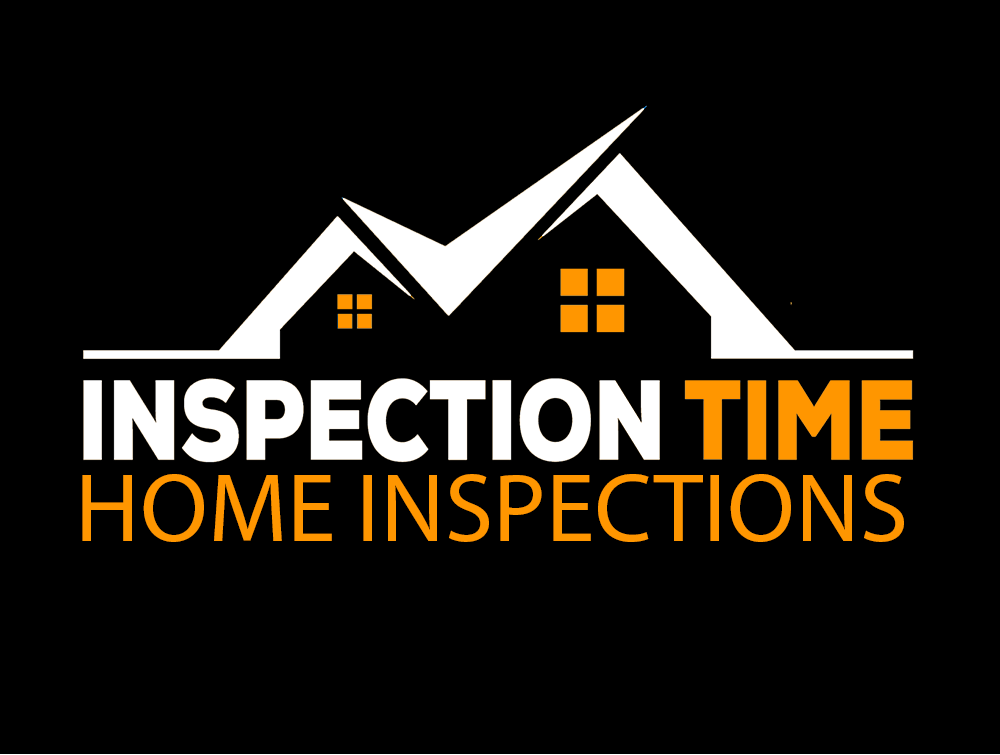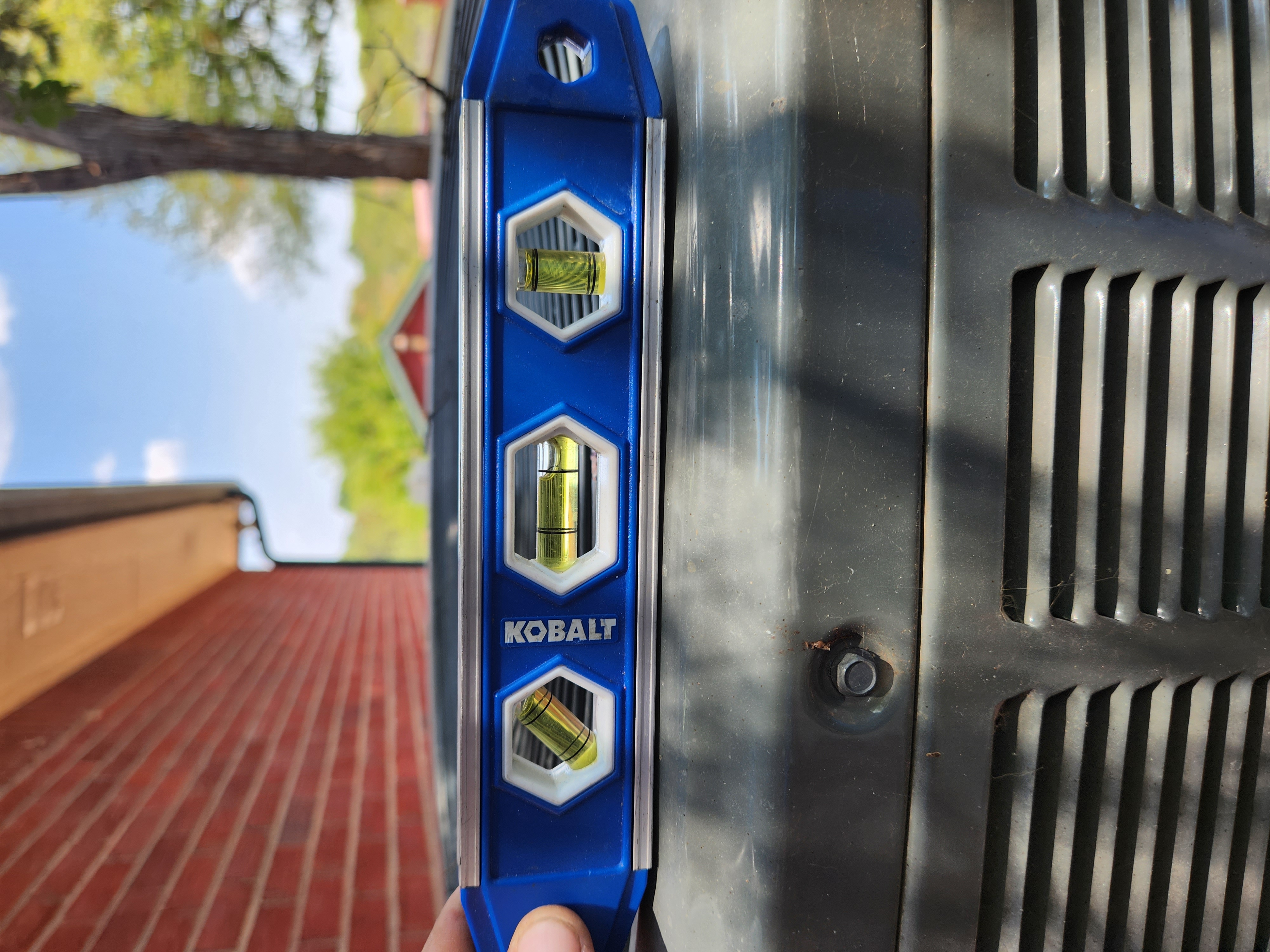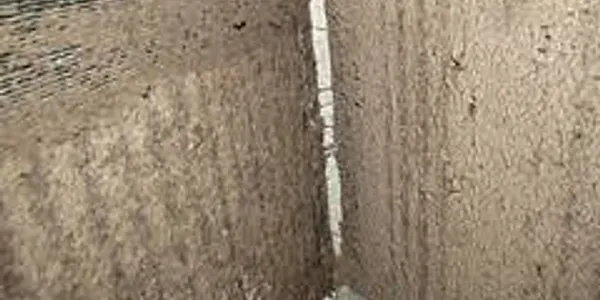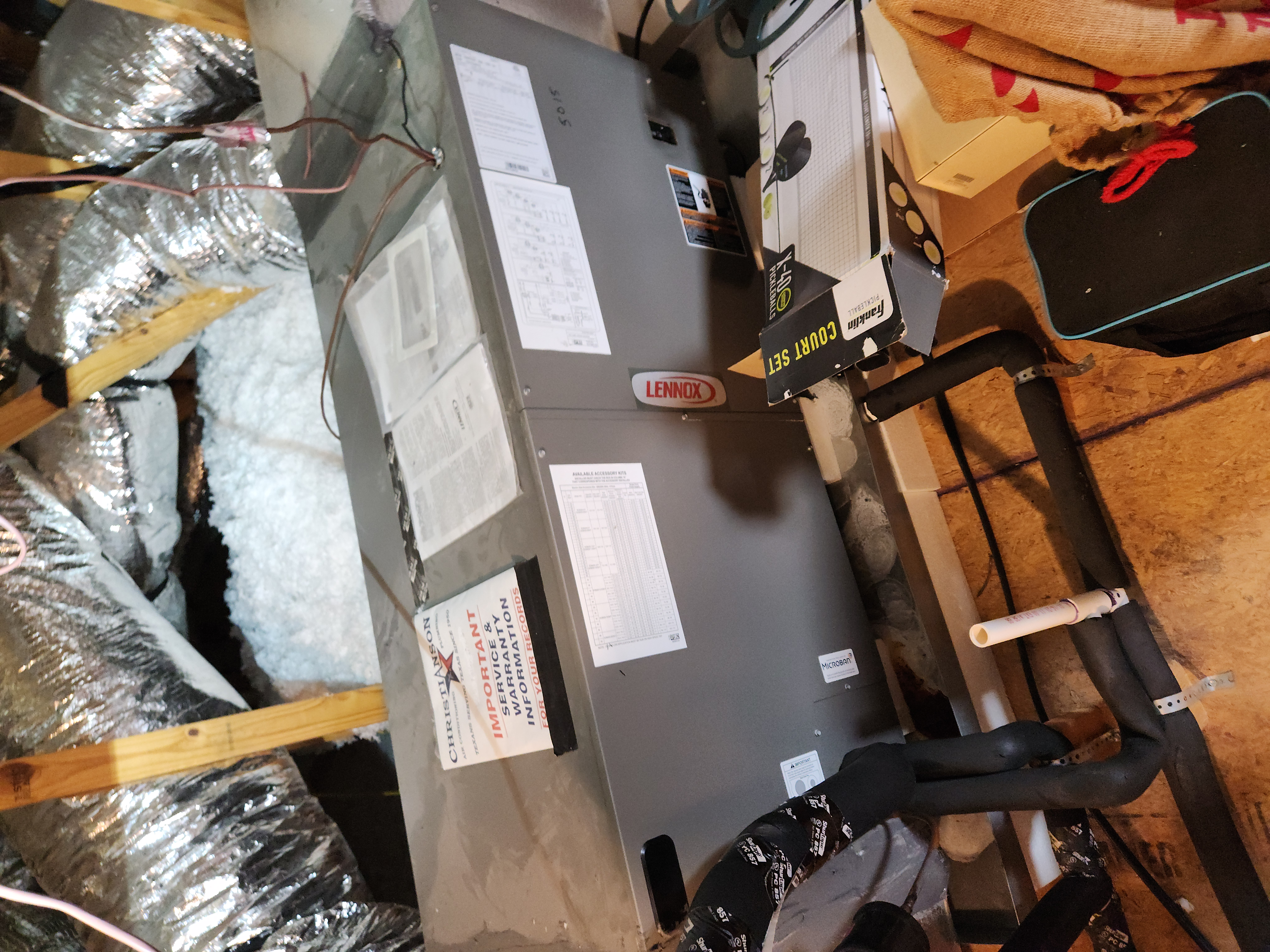How Often Should You Change Your Air Filter at Home?
Air filters are one of the simplest yet most important parts of your home’s HVAC system. They keep dust, pollen, pet dander, and other particles out of your air supply — and out of your heating and cooling equipment. As home inspectors, we often see dirty, clogged filters, and they’re a bigger deal than many homeowners realize.
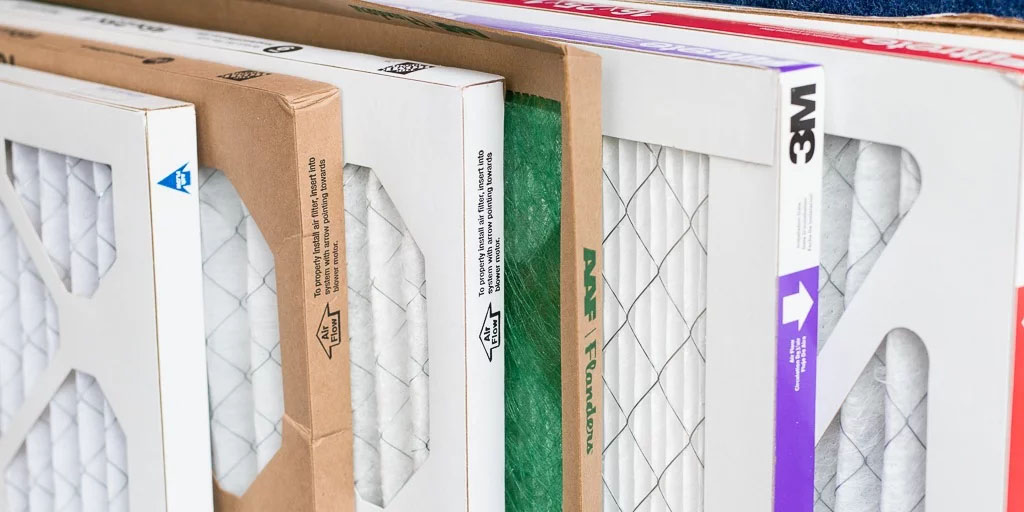
Author: Inspection Time | Aaron – Certified Master Inspector TREC #25498 | NACHI22040459 | LEAD FIRM #NAT-F244506-1 | TDA# 0907507 | Airman Certificate #4902697
What Home Inspectors See
During inspections, it’s not uncommon to find filters that haven’t been changed in months (or even years). We often see:
- Filters caked with dust and debris.
- Filters collapsing under airflow strain.
- HVAC systems struggling to keep up due to reduced airflow.
These conditions can:
- Reduce energy efficiency.
- Shorten the life of your HVAC system.
- Impact indoor air quality.
- Cause hot and cold spots in the home.
Manufacturer Recommendations
Most HVAC manufacturers recommend:
- 1” traditional filters – Change every 30 to 90 days, depending on use and household conditions.
- High-MERV or pleated filters – Often every 60 to 90 days, but check manufacturer instructions.
- Media filters (4–5”) – Typically every 6 to 12 months, depending on system use and environment.
The exact timing depends on factors such as:
- Number of occupants.
- Presence of pets.
- Indoor air quality concerns.
- Frequency of HVAC use.
- Local dust and pollen levels.
Different Filter Types
1. Traditional 1” Fiberglass Filters
- Inexpensive, basic dust protection.
- Change monthly or at least every 60–90 days.
2. Pleated High-MERV Filters
- Better at trapping small particles.
- Change every 60–90 days; can clog faster in dusty or pet-heavy homes.
3. Media Filters (4–5” Thick)
- Installed in a cabinet at the air handler.
- Longer life — often 6–12 months between changes.
- Excellent for homes with allergy concerns.
4. Specialty Filters (Electrostatic, HEPA Add-Ons)
- Follow manufacturer guidelines closely, as maintenance varies.
Why It’s Important
Neglecting filter changes can cause:
- System strain – The blower motor works harder, increasing wear.
- Reduced comfort – Lower airflow means uneven heating or cooling.
- Higher utility bills – Dirty filters restrict airflow, making your system run longer.
- Poor air quality – Dust and allergens circulate throughout the home.
Home Inspector’s Tip
Check your filter every month, even if you have a longer-lasting type. If it looks dirty, replace it — no matter the calendar date. Mark a reminder on your phone or thermostat to keep on schedule.
Bottom line: Changing your air filter is one of the cheapest and easiest ways to keep your HVAC system running efficiently, improve air quality, and avoid expensive repairs. If a home inspector notes a dirty filter, take it as a sign to start a consistent replacement routine.
